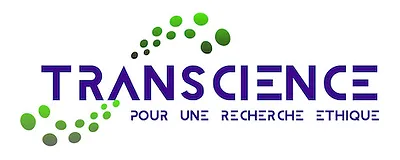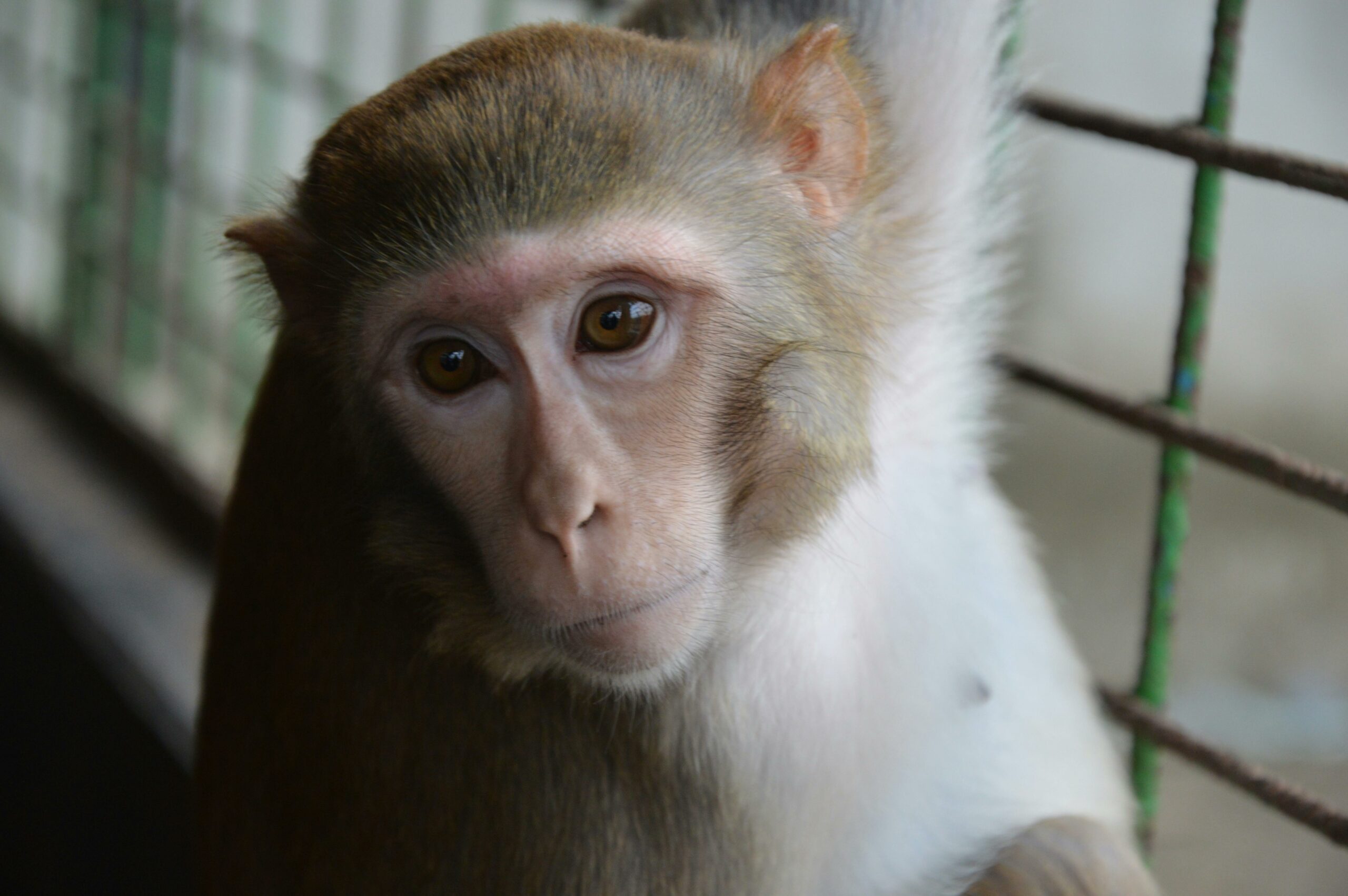In 2023, Roche will create the Institute of Human Biology (IHB), a research institute dedicated to innovation in the field of organoids, drawing on its expertise in biology, engineering and data analysis.
The institute bridges the gap between academic and pharmaceutical research, bringing together three poles: exploratory research, bioengineering and translational research, supported by state-of-the-art technology platforms.
” Organoids have the power to advance translational research and personalized medicine for the benefit of patients. ” Hans Clevers, Head of Roche Pharma Research and Early Development
The institute brings together multidisciplinary teams with expertise in a wide range of disciplines (physics, chemistry, biology, engineering, computer science, etc.). Projects are divided between all the teams, which means that a team conducting exploratory research may choose to contribute to a project translational project, or that a translational core team may lead an project exploratory project.
Technology platforms include an organoid farm to improve and prototype organoid scale-up, and a tissue and organoid biobank.
The IHB is based in Basel, Switzerland, with additional satellite laboratory space in Schlieren, near Zurich.
For further information click here
In Berlin, a major project entitled “Der simulierte Mensch” (The Simulated Man) involves the La Charité Medical University and the University of Technology. Construction of the campus will be completed by the end of 2025, and the Center is scheduled to open in 2026.
The aim is to simulate human physiology and pathophysiology in in vitro and in silico models for a better understanding of diseases, with the contribution of researchers, clinicians, engineers and data analysis specialists, without the use of animals.
The laboratories are organized into three levels: subcellular, cellular, and tissues + organs. Several technological platforms are in place: proteomics, genomics, cytometry, organoids and bioprinting, cellular and tissue imaging.
The aim is to integrate microfluidic models and bioprinted structures with automated analytical methods in high-throughput environments.
project brings together a wide range of disciplines and research cultures, including biotechnology, materials science, medicine, immunology, machine learning, biochemistry, arts and social sciences.
For further information : click here
In February 2025, Queen Mary University of London (QMUL) inaugurated one of Europe’s most advanced organ-on-a-chip centers: the Centre for Predictive in vitro Models (CPM). This center brings together over 100 academics and postdoctoral researchers to advance the development and application of complex in vitro models for basic research, drug development and preclinical trials.
A £7 million Doctoral Training Centre will also provide 60 PhD students with the skills they need to take these innovations forward. Their training will cover the technical skills needed to design, manufacture and advance organ-on-a-chip models, as well as understanding the regulatory and policy frameworks needed to support their adoption.
The Center is committed to fostering strong collaborations and has already established an impressive network of over 60 industry partners and 20 other non-academic organizations, including regulators, charities and funding bodies, including NC3R (National 3R Center).
Lord Patrick Vallance, Minister of State for Science, Research and Innovation, described the new facility as a “significant opportunity” to reinforce the UK’s leadership in animal-free research: “Phasing out animal testing wherever possible is a clear objective of this government, and innovative methods, such as organ-on-a-chip technology, are essential to achieving this ambition.”
For further information : click here
The new Utrecht-based Ombion Center for the Transition to Animal-Free Biomedical Research(CPBT, in Dutch: CentrumvoorProefdiervrije Biomedische TRanslatie) is a national center for the valorization and dissemination of animal-free innovations and know-how. It aims to improve and accelerate the transition of new biomedical innovations to patients and users, at lower cost, without the use of animals. This will result in safer, more effective and higher quality medicines, while reducing animal testing, creating new business opportunities. The center enables the Netherlands to distinguish itself on a global scale and realize its ambition to become a leader in animal-free innovation, via the Transition to Animal-Free Innovation (TPI) program started in 2018.
The first projects will focus on amyotrophic lateral sclerosis (ALS), cystic fibrosis, osteoarthritis and rheumatic diseases, asthma and obstructive lung disease.
The total budget available to the CPBT for the period 2025-2034 is 245 million euros. Of this, 124.5 million is an investment from the Dutch National Growth Fund. This fund is supplemented by more than 60 national and international partners.
For further information : click here




